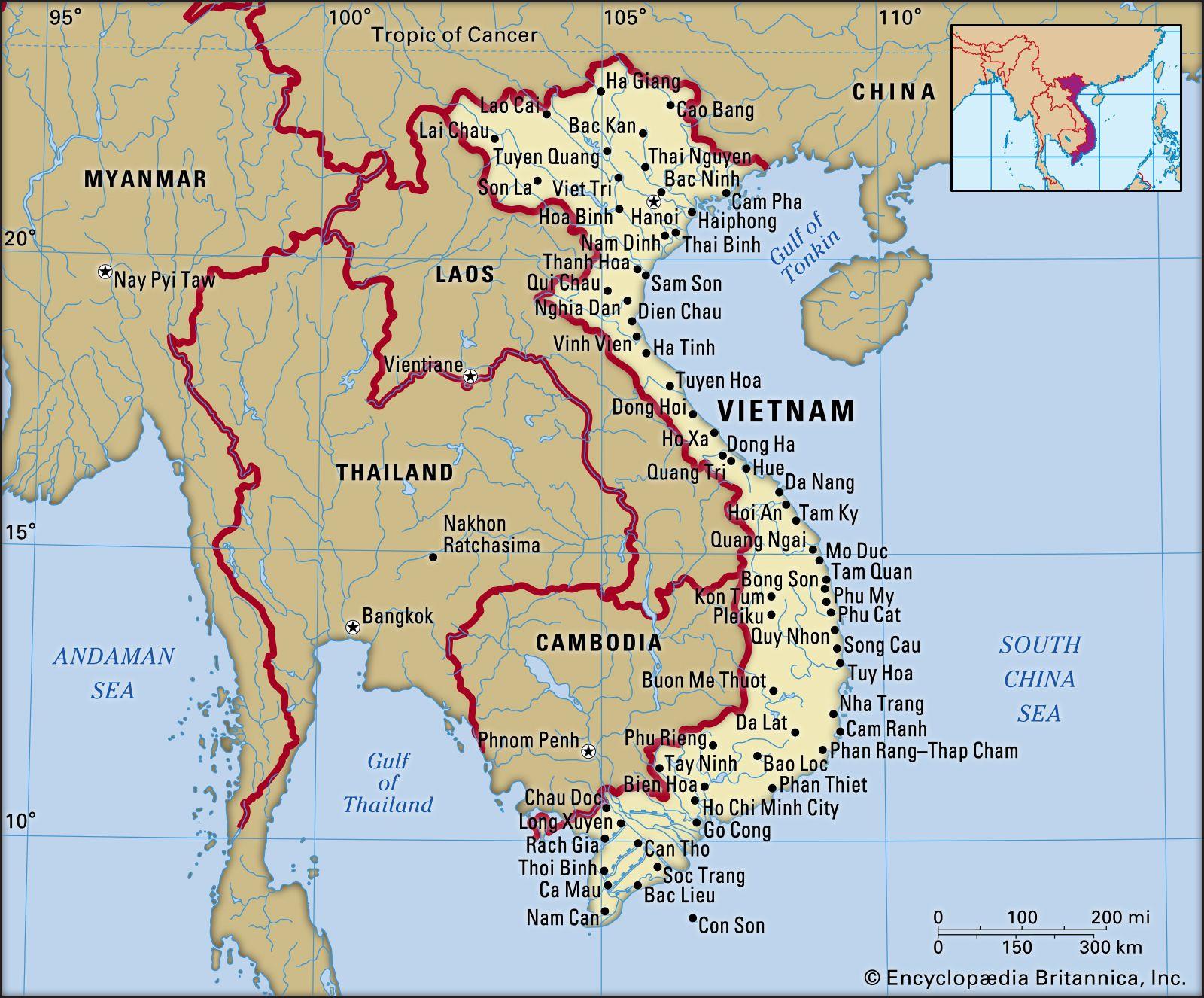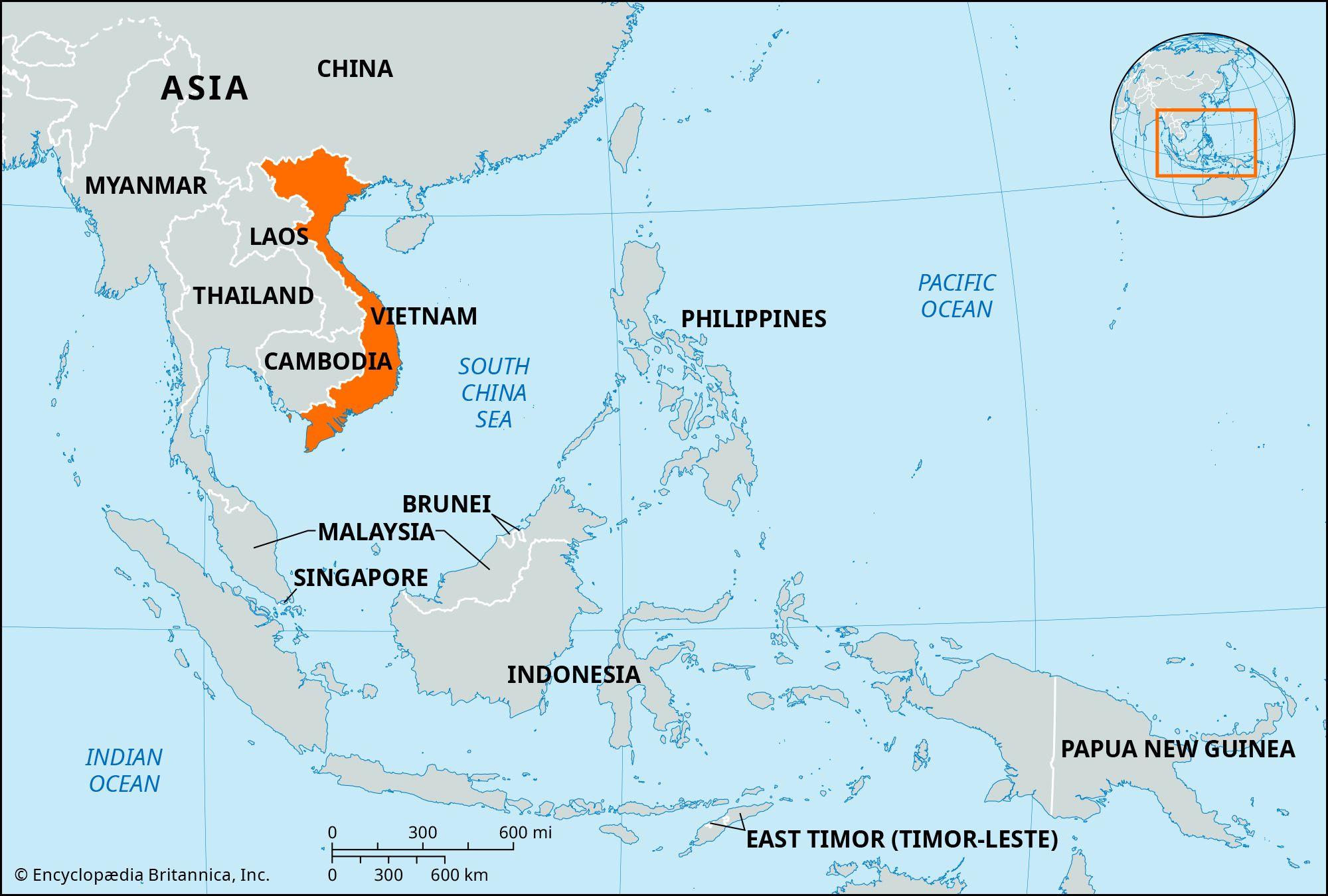Economic Impact of Apple’s Home Hub Development in Vietnam
The economic ripple effects of Apple’s decision to establish a Home Hub in Vietnam are becoming increasingly evident.The investment is expected to create thousands of jobs, not only in high-tech manufacturing but also across various sectors including logistics, retail, and services. With Apple’s considerable financial resources, local suppliers are likely to receive significant contracts, boosting their operations and stimulating regional economies. Local government initiatives aligning with Apple’s plans further complement this growth by enhancing infrastructure and providing workforce training, thereby improving the overall business climate.
An uptick in foreign direct investment (FDI) is also anticipated, as other global technology firms may view Vietnam as an attractive destination for their operations, inspired by Apple’s move. This could lead to a surge in partnerships and collaborations across industries, propelling the nation’s position as a technology hub in Southeast Asia. Potential outcomes include:
- Increased Export Opportunities: Local manufacturers could land contracts to supply components for Apple, elevating Vietnam’s place in the global supply chain.
- Entrepreneurial Growth: A supportive ecosystem may emerge,encouraging startups to innovate in the tech space.
- Enhanced Regional Development: The surrounding areas could experience economic improvement as new businesses and services are established.

Exploring the Trade Boom: Key Industries Benefiting from Increased Exports
As Vietnam’s economy surges forward, a variety of sectors are experiencing a renaissance driven by a remarkable increase in exports. Notably, the electronics industry has emerged as a significant beneficiary, with manufacturers ramping up production to meet global demand, especially for components used in high-tech gadgets. The country has positioned itself as a key player in the supply chain for major companies, leveraging its reputation for quality and competitive labor costs. In this context, the production of items such as smartphones and home automation devices has seen a significant uptick, attracting foreign investment and enhancing vietnam’s international trade footprint.
Moreover, the agriculture sector is also reaping the rewards of this trade boom. Vietnamese rice, coffee, and seafood have gained popularity in international markets, enhancing the nation’s reputation as a reliable exporter of high-quality agricultural products. Key factors contributing to this growth include:
- innovative farming techniques that improve yield and sustainability.
- Diversification of products catering to the tastes of global consumers.
- Strategic trade agreements that lower tariffs and open new markets.
As Vietnam continues to position itself at the centre of global trade networks, these industries showcase the diverse opportunities that have arisen during this exhilarating period of economic growth.

Strategic Recommendations for Investors in Vietnam’s Tech Sector
As Vietnam’s tech landscape continues to gain momentum,investors are advised to take a proactive approach to benefit from the ongoing developments. The government’s supportive policies, coupled with a robust young workforce, create fertile ground for venture capital flows and technological innovation. Investors should consider focusing on sectors such as:
- Startups in E-commerce: With a fast-growing middle class and increasing smartphone penetration, Vietnam’s online retail market is exploding.
- AI and Automation: Companies leveraging AI for solutions in logistics and manufacturing are poised for significant growth, reflecting global trends.
- Green technology: As sustainability becomes a global priority, investments in renewable energy and eco-friendly tech solutions are not only timely but increasingly vital.
Furthermore, forging partnerships with local firms can offer invaluable insights and quicker access to market. Investors should also prioritize firms engaged in the development of the digital economy, particularly those catering to the rising demand for cloud services and digital payment solutions. Thay must stay vigilant to monitor the regulatory landscape as the Vietnamese government continues to refine its tech policies, which can impact investment outcomes significantly. engaging with established stakeholders in the industry can provide clarity and agility to navigate this burgeoning habitat.

Future outlook: Sustaining Growth in a Competitive Global Market
As Vietnam continues to solidify its position in the global market,several key factors are emerging that could sustain its growth trajectory. The country’s burgeoning tech sector is not only attracting foreign investment but also enhancing local capabilities.With multinational companies eyeing Vietnam as a viable manufacturing hub, the government has taken proactive measures to foster an innovation-friendly environment. This includes developing a robust infrastructure, investing in education, and prioritizing digital transformation. Industries such as electronics, particularly in the production of smart home devices, are set to thrive, bolstered by partnerships with technology giants like Apple.
Moreover, Vietnam’s trade landscape is rapidly evolving, aided by an array of free trade agreements that offer preferential access to prime markets. The increase in exports, driven by a diverse suite of products ranging from textiles to electronics, positions the nation favorably against competitors in the region. to maintain this momentum, it is crucial for Vietnam to focus on several strategic initiatives: enhancing logistical capabilities, refining supply chain resilience, and embracing sustainable practices. These steps will not only enhance competitiveness but also ensure that the country remains a formidable player in the increasingly complex web of global trade.
